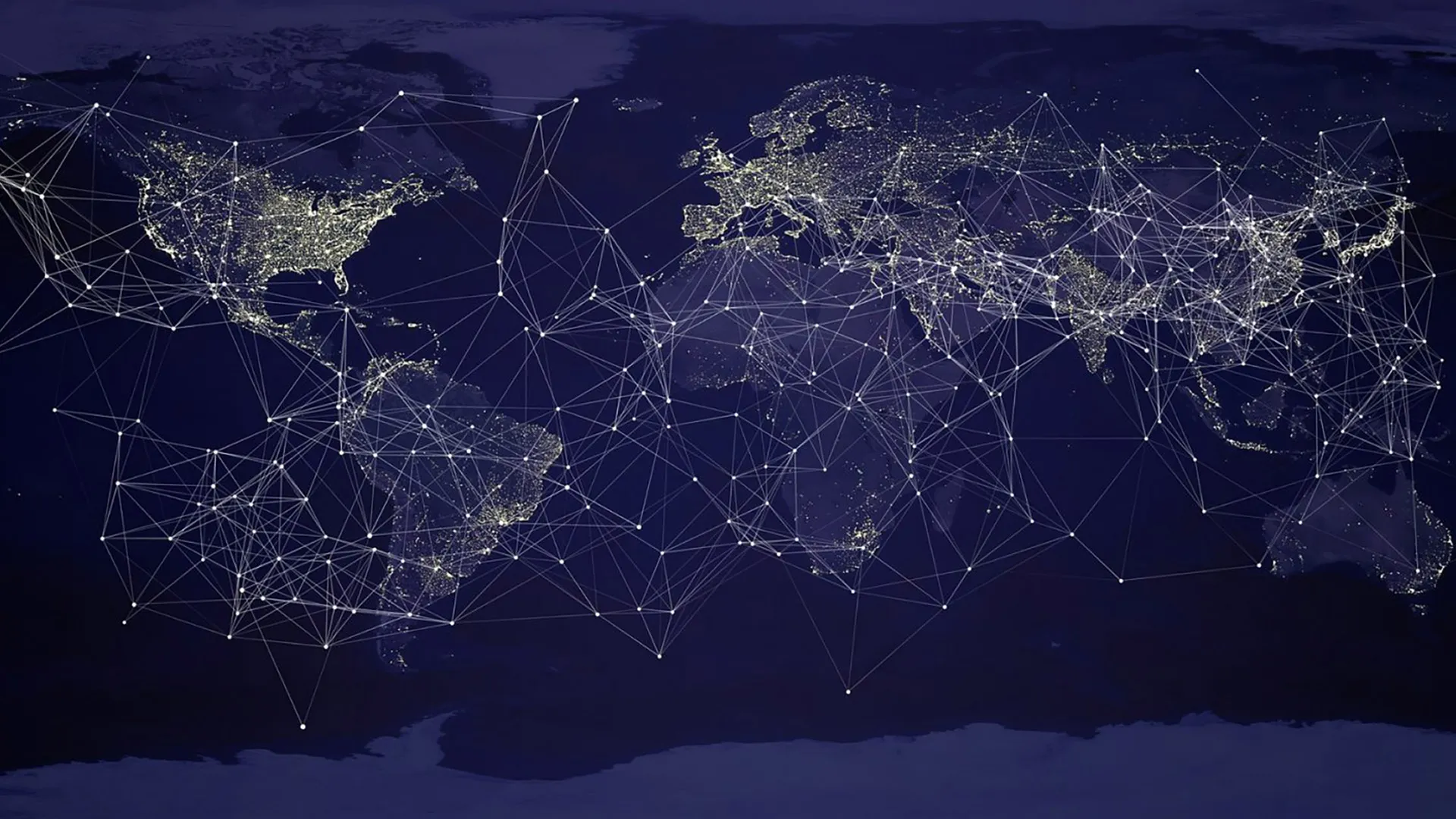For many banks, Trade Finance is a sizeable contributor to both their Fee and (NII) Net Interest Incomes. From simple products like Letters of Credits and SBLCs, to complex Structured Trade Finance products – banks play a key role in greasing the cogs of the international trade machine. The reason these products exist is two-fold. Firstly, it is about financial leverage in the form of short-term working capital. But more than that – it is about creating trust.
What Exactly is the Problem?
Supply chains are complex. For physical goods and even services, the supply chain can involve multiple vendors across the world including manufacturers, carriers, service providers etc. who all need to be paid for services rendered. For centuries, banks and other financial institutions have acted as middlemen here and ensured that both parties to such international trade transactions are adequately protected. But these products come at a cost. This cost should ideally be linked only to the underlying risk involved. However, operational, legal and other expenses can make these products expensive which is a problem for both banks and their customers.
The reason for these additional operational and legal costs is the non-standardized procedures in countries around the world. While international bodies do try and create globally accepted standards (like ICC’s Uniform Customs and Practice for Documentary Credits), the actual process on the ground and the local legal and documentary processes can be wildly different and create quite a cost burden. Large corporations may not feel this because hiring a few extra people to manage a billion dollar trade flow might not be a problem for them, but it can be prohibitively expensive for small and medium sized companies.
How can eIDAS solve this?
A core principle of eIDAS, and perhaps its most important one, is the creation of trust. Through qualified electronic signatures and seals created by qualified trust service providers, eIDAS enables the building of trust between various parties to a trade transaction. This becomes increasingly relevant for small value but large volume trade flows for things like online services or small-scale goods purchases. For example, a local businessman trying to import goods form another EU (or even non-EU) country would feel much safer about paying someone whose identity he has confirmed both for his personal satisfaction and as per the legal standard.
This actually brings us to another point about the global adoption of principles enshrined in eIDAS. Trade is obviously a global phenomenon and eventually nation states have to compete with each other to get this business. Countries which are moving rapidly to adopt these new tools for enhancing trust are going to emerge as the winners in the current bout. According to Andrea Servida, the Head of eGovernment and Trust at the European Commission, “Trade is based on trust: the fact that some jurisdictions follow the example of eIDAS while others stop short of, is this going to impact - or are we going to see global patterns of digital commerce and services?”
Low costs, trust and fast turn-around times are vital in international trade and the EU has certainly upped the ante by providing its businesses and banks with more tools in their arsenal.
For many banks, Trade Finance is a sizeable contributor to both their Fee and (NII) Net Interest Incomes. From simple products like Letters of Credits and SBLCs, to complex Structured Trade Finance products – banks play a key role in greasing the cogs of the international trade machine. The reason these products exist is two-fold. Firstly, it is about financial leverage in the form of short-term working capital. But more than that – it is about creating trust.
About the author
Ulrich Scholten ist ein international tätiger Unternehmer und Wissenschaftler. Sie hat einen Doktortitel in Informationstechnologie und besitzt mehrere Patente für cloudbasierte Sensoren. Seine Forschung zum Thema Cloud Computing wird regelmäßig in renommierten Zeitschriften und Konferenzbeiträgen veröffentlicht. Von 2008 bis 2015 war er wissenschaftlicher Mitarbeiter am Karlsruher Service Research Institute (KSRI), einer Partnerschaft von KIT und IBM, wo er gemeinsam mit SAP Research Netzwerkeffekte im Zusammenhang mit Webplattformen erforschte.




